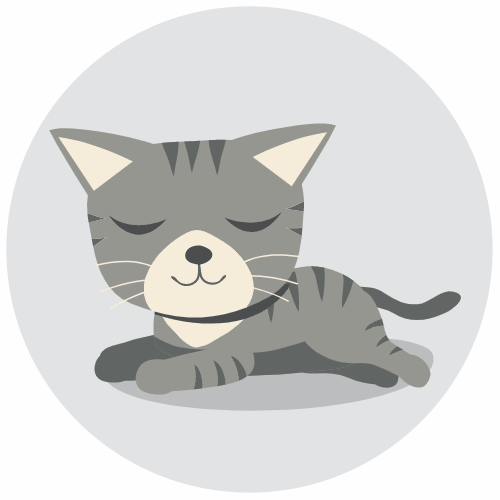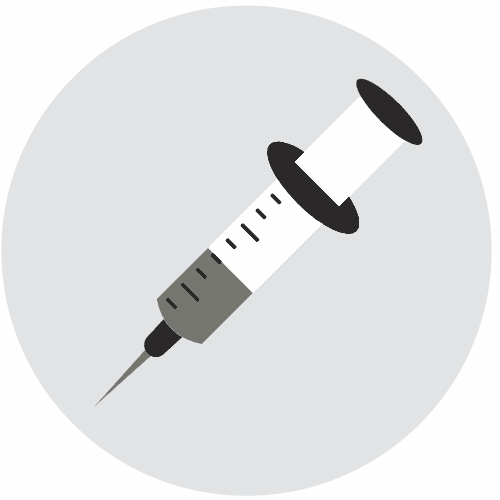Hearing the pitter-patter of puppy or kitten paws around the house can be exciting! The team at Day Heights Veterinary Clinic wants to remind you to bring your new furry friend in to our animal hospital so we can ensure they are growing and developing properly. Our puppy and kitten care consists of a series of three initial exams to administer the necessary care and start them off on the right paw.
Contact Day Heights Veterinary Clinic today to schedule your new pet’s first exam!
A Series of Kitten and Puppy Exams
Each exam will occur three to four weeks apart, usually starting at eight weeks old and continuing until your pet is 16 weeks old. This enables your veterinarian to track your new pet’s growth and development over time. We will discuss proper care and address any questions regarding your companion’s health.
At your pet’s first appointment, your veterinarian can recommend a vaccination schedule according to your pet’s individual needs and begin administering their first round of puppy and kitten shots. We will finalize their initial immunizations at 16 weeks of age.
At their third exam, we will discuss what their care will be like as an adult dog or cat.

Spaying or Neutering Your Pet
We recommend having all pets spayed or neutered, but we recognize that every pet is different. Your veterinarian can recommend when your pet’s spay or neuter surgery should take place at their third exam.
Setting a schedule for your pup can help with housebreaking.
How Do I Set A Potty Training Schedule?
- First thing in the morning
- Last thing at night
- After spending time in a crate
- Upon waking up from a nap
- After eating or drinking
- Time between potty brakes should be no more than 2-4 hours
How Do I Crate Train My Puppy?
- Dogs like clean “home” areas and are less likely to have accidents
- Place crate near exterior door for quick relief
- The crate should be big enough for your puppy to stand up, turn around, and lay down
When Should I Reinforce Good Behavior?
- Don’t scold your puppy for having an accident
- Praise them for doing the right thing
- Reward them with treats, pats, and attention
Stopping Bad Behavior
It’s important to nip bad behavior in the bud while your puppy is young. We’ve provided tips on how to effectively discourage bad behavior.
What Can My Puppy Chew On?
- Chewing is a calming mechanism for puppies
- Keep chewing toys around the house; when they start to chew on toys instead of household objects, give them praise
How Do I Stop My Puppy from Barking?
- Scolding your puppy when they bark can make it worse; instead, ignore barking and praise quiet
- Training your dog to sit helps them fight impulsive barking when they want something
How Do I Stop My Puppy from Begging at the Table?
- Feed them first before you eat
- Create a cozy “go-to” spot near the table where they can be comfortable
- Praise them with treats when they don’t beg
How to Feed Your Puppy
Supplying your puppy with a nutritious diet will give them energy to romp and play with you!
How Often Do I Feed My Puppy?
- 6-12 weeks: 4x a day
- 3-6 months: 3x a day
- 6-12 months: 2x a day
- After a year: 2 half portions a day
- Watch your puppy to gauge if they are eating healthy
What Food Should I Feed My Puppy?
- Look for AAFCO guidelines
- Look for age and health specific formulas
- Ask your vet for tailored recommendations
What Foods Are Harmful to Puppies?
- Dairy, chocolate, grapes, and sugary foods, snacks, or desserts
- For a complete list of harmful foods, visit the Pet Poison Hot Line website
- Please give us a call if you believe your pet has ingested something harmful
Here’s how to keep your home safe and comfortable for your new feline friend.
What Things Should I Buy for A Kitten?
- Scratch posts (helps preserve furniture!)
- Litter boxes, cat carriers, and food and water bowls
- Stain and odor remover
What Should I Move Out of the Way?
- Toxic plants
- Cleaners and sprays
- Any dog food that might be in the house
How Can My Cat Be Comfortable?
- Bed and blanket
- Small, cozy space
- Grooming supplies
- Pheromone products
Playtime with Your Kitten
Engaging your kitten in safe playtime can be a great way to nurture your growing relationship.
How Do I Play Safely with My Kitten?
- Use balls, jingles, anything on a string, and cotton chew toys
- Avoid “play” with your hands to avoid injury when full grown
What Are the Benefits of Playing with Your Kitten?
- Strengthens your bond with your kitten
- Allows them to release energy that could lead to damage
- Builds trust and comfort for them within a new home
How Often Should I Play with My Kitten?
- 20+ minutes of play per day
- Set aside at least two times a day preferably early in the morning and late at night
Feeding Your Kitten
We are often asked about tips for feeding a kitten. Here are some frequently asked feeding questions below.
How Often Should I Feed My Kitten?
- Dry food only: leave available at all times
- Wet food only: feed at least four times a day
- Combo: feed wet food twice a day and leave dry food available
What Should I Feed My Kitten?
- Look for AAFCO guidelines
- Look for age and health specific formulas
- Ask your vet for tailored recommendations
What Foods Are Harmful to Kittens?
- Raw meats, eggs, raw fish
- Grapes, chocolate, and dairy
- For a complete list of harmful foods, visit the Pet Poison Hot Line website
- Please give us a call if you believe your pet has ingested something harmful





